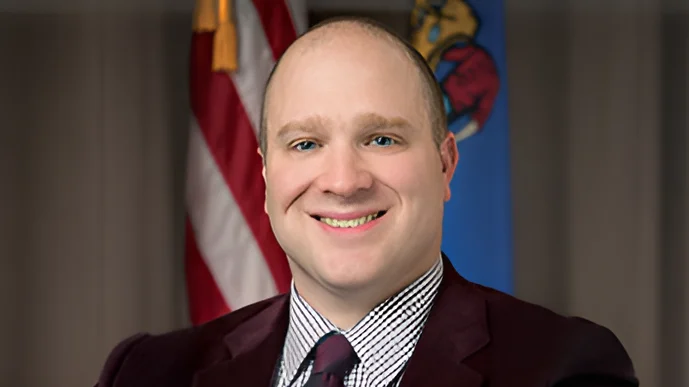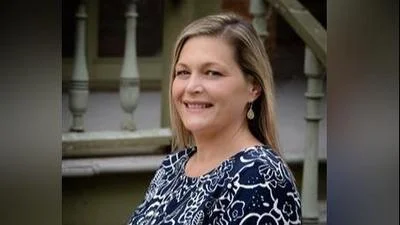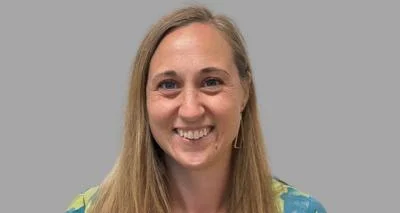Shae Alan Sortwell, Wisconsin State Representative for 2nd District | Official Website
Shae Alan Sortwell, Wisconsin State Representative for 2nd District | Official Website
According to the Wisconsin State Legislature's official website, the bill was described as follows: "restitution orders following a conviction for human trafficking and restoration of the right to vote to a person barred from voting as a result of a felony conviction. (FE)".
The following is our breakdown, based on the actual bill text, and may include interpretation to clarify its provisions.
In essence, this bill mandates immediate restitution payments following a conviction for human trafficking, requiring the court to issue an execution against the defendant's property if payments are not made promptly. It also clarifies the restoration of voting rights for those with felony convictions. An individual's right to vote is restored only after completing their prison term or probation, settling all associated fines, fees, or restitution, and fulfilling any community service mandated by the court. These changes aim to ensure financial responsibilities linked to crimes are prioritized, emphasizing restitution enforcement and comprehensive compliance for voting restoration.
The bill was co-authored by Senator Dan Feyen (Republican-20th District), Representative Barbara Dittrich (Republican-99th District), Representative Cindi Duchow (Republican-97th District), Representative Rick Gundrum (Republican-58th District), and Representative Daniel Knodl (Republican-24th District).
Shae A. Sortwell has co-authored or authored another 17 bills since the beginning of the 2025 session, with none of them being enacted.
Sortwell graduated from the University of Wisconsin-Green Bay in 2006 with a BA.
Sortwell, a Republican, was elected to the Wisconsin State Assembly in 2019 to represent the state's 2nd Assembly district, replacing previous state representative André Jacque.
In Wisconsin, the legislative process starts when a senator, constituent, group, or agency proposes an idea for a bill. After drafting, the bill is introduced, numbered, and referred to a committee for review and public input. If approved, it moves through three readings and votes in both the Senate and Assembly. Once both chambers pass the same version, the bill goes to the governor, who can sign it, veto it, or let it become law without a signature. Only a small share of bills introduced each session ultimately become law. You can learn more about the Wisconsin legislative process here.
| Bill Number | Date Introduced | Short Description |
|---|---|---|
| AB87 | 02/28/2025 | Restitution orders following a conviction for human trafficking and restoration of the right to vote to a person barred from voting as a result of a felony conviction. (FE) |
| AB86 | 02/28/2025 | Imposing the penalty of life imprisonment for the crime of child trafficking and providing a penalty. (FE) |
| AB42 | 02/17/2025 | Local regulation of fowl |
| AB41 | 02/17/2025 | Local regulation of vegetable gardens |
| AB26 | 02/17/2025 | Battery or threat to jurors and providing a penalty |
| AB17 | 02/06/2025 | Creating an employee ownership conversion costs tax credit, a deduction for capital gains from the transfer of a business to employee ownership, and an employee ownership education and outreach program. (FE) |






 Alerts Sign-up
Alerts Sign-up